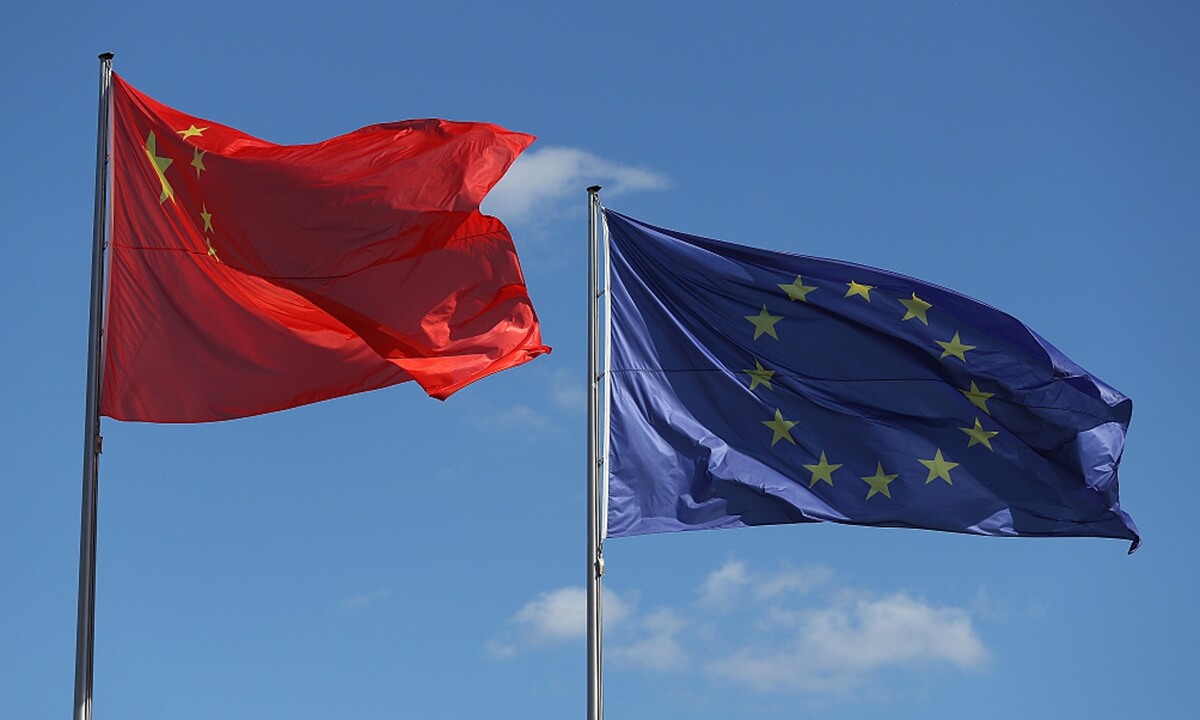After seven long years of negotiations, the European Union (EU) and China have finally settled on an investment deal called the Comprehensive Agreement on Investments (CAI). Scheduled to be signed today, the CAI is expected to greatly enhance cooperation and interdependence between the two.
According to media reports, the deal will give EU firms better access to the Chinese market, improve competition conditions, and remove barriers to joint-venture requirements and caps on foreign ownership, and protect foreign investments in China for certain EU industries, such as new energy vehicles, cloud computing services, financial services and health. It is also expected to open up China’s manufacturing sector to EU companies, as well as its construction, advertising, air transport and telecoms industries.
A statement released by the European Commission said that the “CAI will also be the first agreement to deliver on obligations for the behaviour of state-owned enterprises and comprehensive transparency rules for subsidies”. China also agreed to “make continued and sustained efforts” to pursue the ratification of the International Labor Organization’s (ILO) fundamental conventions on forced labour.
An EU official added that the deal is more or less ready and “there are only some minor details left which need to be hammered out”. But, before this can happen, China needs to quell the EU’s concerns regarding the issue of workers’ rights, as past reports have claimed that Beijing employs Uighur Muslims detained in large numbers in its Xinjiang province as forced labour. The deal with the EU would require China to pledge to follow the International Labour Organisation’s rules on forced labour.
Following the meeting of this condition, the deal will then have to be ratified by the European parliament, which may not begin until the second half of 2021. The ratification of the CAI will give China access to the EU’s energy market, and also a small part of the renewable energy sector, on a reciprocal basis.
The deal, which has been deliberated over since 2014, also failed to come through until now due to China’s hesitation to lift curbs on EU investment. However, given rising tensions in the trade relationship of Beijing and Washington, China may have been encouraged to make greater allowances in its trade deal with the EU. China and the US have been locked in a trade war since 2018 as the Trump administration has targeted a number of Chinese tech companies as threats to national security.
Beijing’s relationship with the EU has also been frayed by its imposition of the national security law on Hong Kong, which several European powers, like Germany, have spoken out against. An anti-Beijing sentiment has been quietly brewing in the EU as Germany released its new policy for the Indo-Pacific (IP) in September, an effort that counters China’s growing influence in the disputed South China Sea. Further, France has previously sent multibillion-dollar worth French Rafale fighter jets to India amidst its border tensions with China in July. Against this backdrop, the CAI is expected to improve China’s global trading and diplomatic position, specifically in reconciling its differences with the EU.
China to Ink Investment Deal With EU
The European Union and China are set to sign a long-awaited investment deal that could make economies of the two more interdependent.
December 30, 2020

SOURCE: VCG
